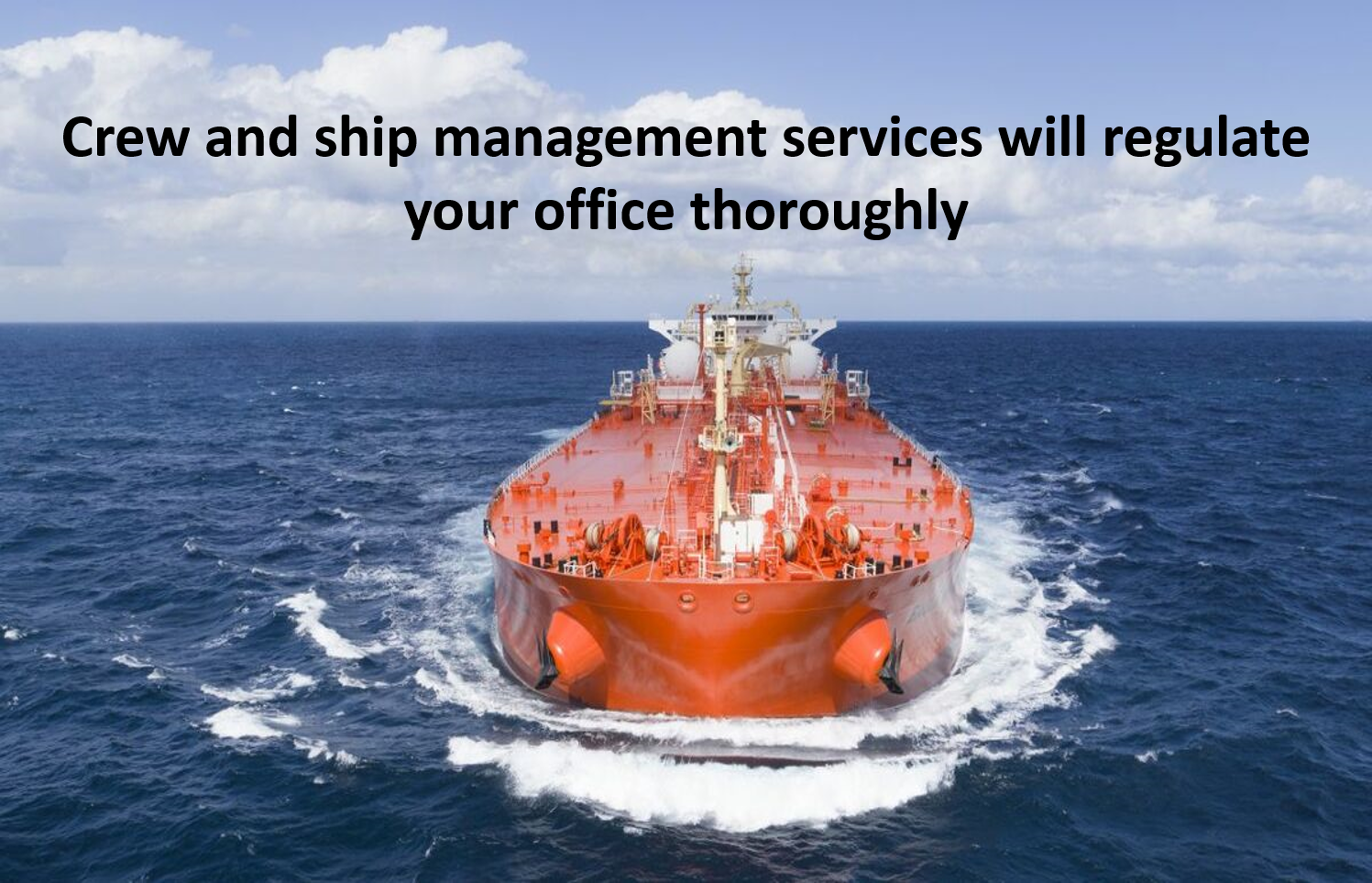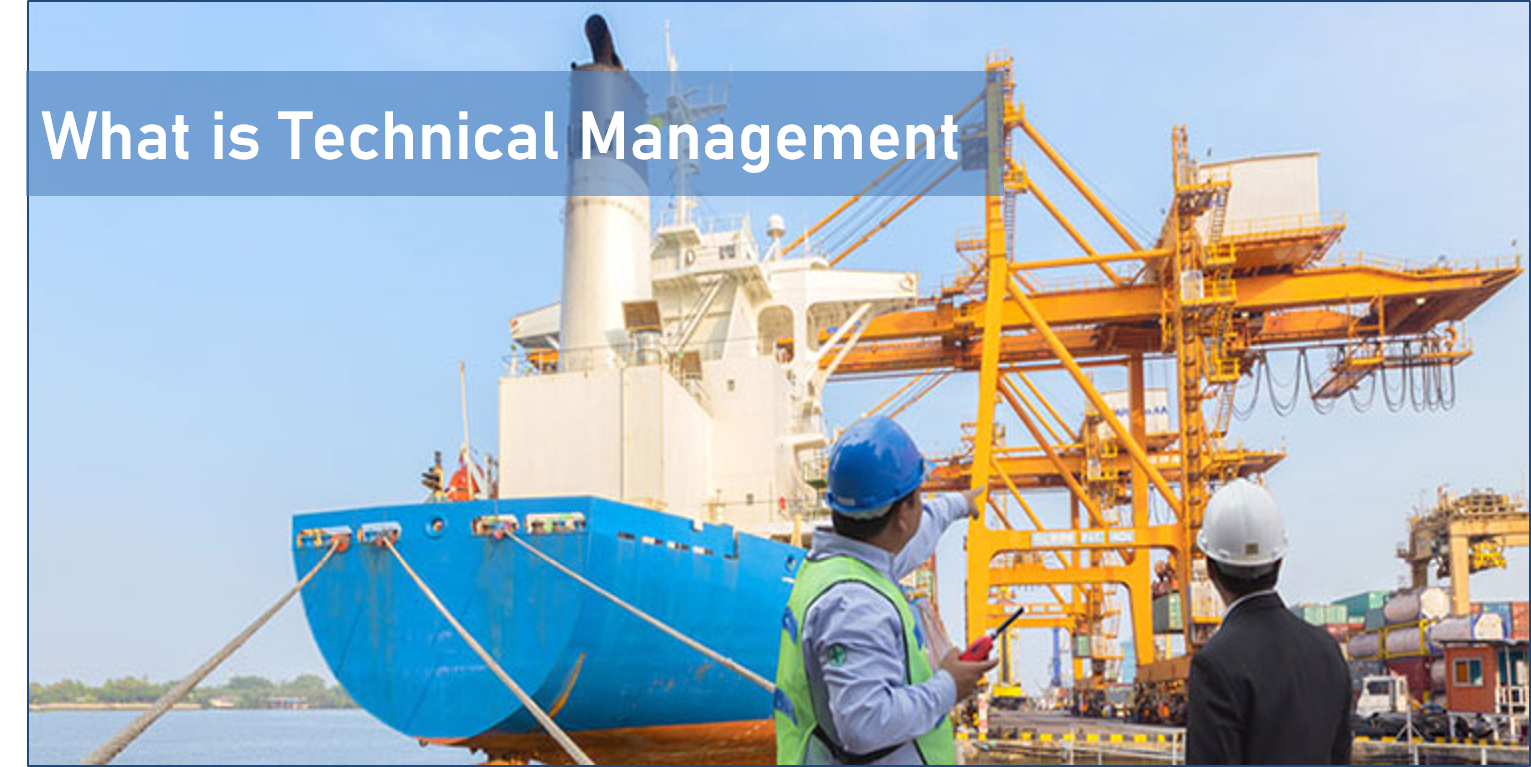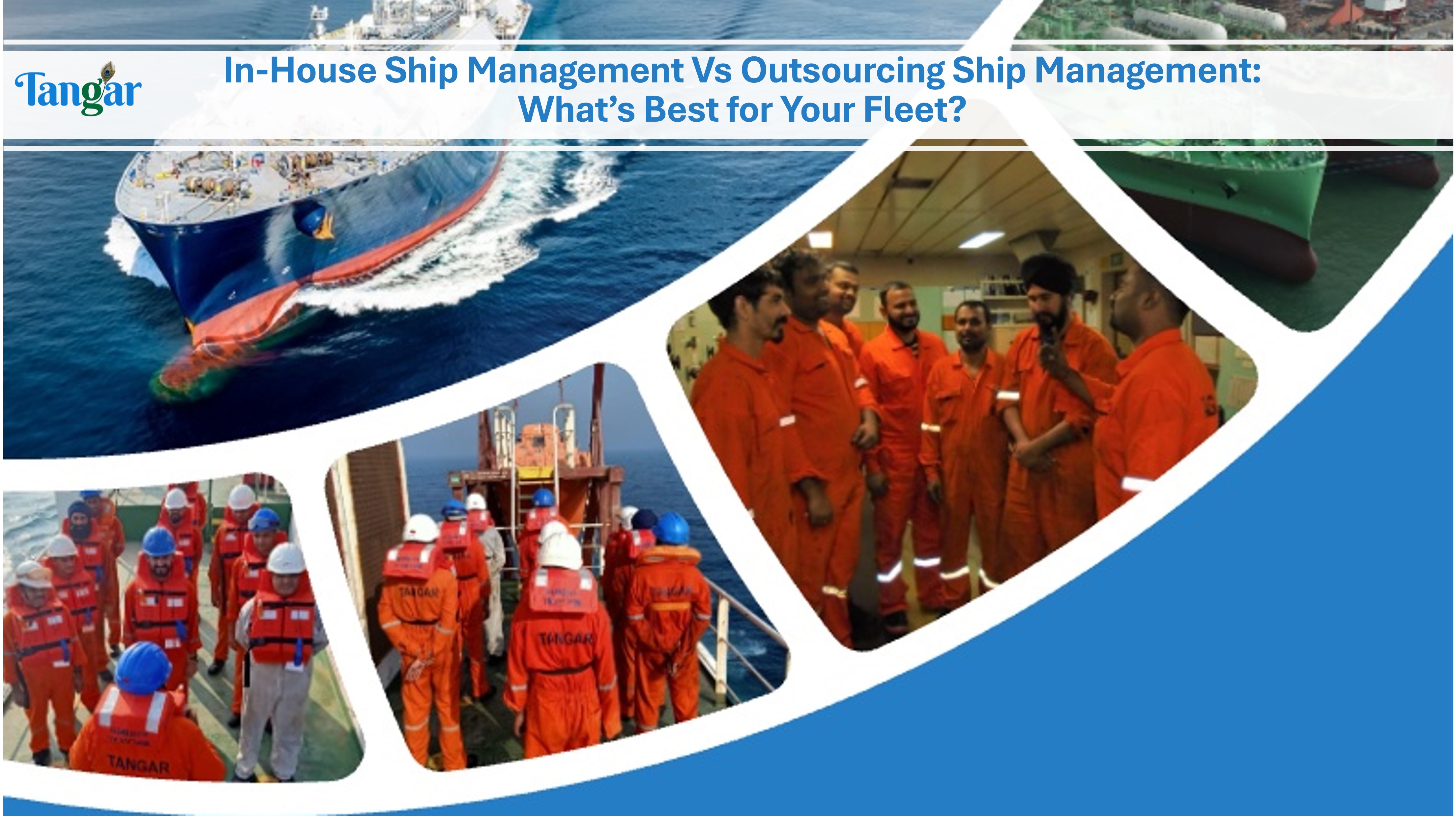
Highlighting Terminologies of Commercial Management in the Shipping Industry
A Comprehensive Guide to Commercial Shipping Management
Commercial management plays a crucial role in the shipping industry, covering chartering, operations, scheduling, and financial oversight. Understanding the key terminologies and processes involved is essential for optimizing vessel performance and ensuring profitability.
Key Terminologies in Commercial Shipping Management
1. Chartering
Chartering is the foundation of commercial shipping, involving different types of agreements:
-
Voyage Charter – A vessel transports cargo between specified ports for a one-time trip.
-
Time Charter – The vessel is leased for a set duration, with the charterer controlling its employment.
-
Bareboat Charter – The charterer assumes full responsibility for vessel operations, including crew and maintenance.
-
Charter Party (C/P) – The legal contract outlining the charter terms between the owner and charterer.
2. Freight
-
Freight Rate – The cost charged for transporting cargo, calculated per ton or per day depending on the contract.
-
Freight Forwarding – The coordination of cargo transportation across multiple logistics providers.
3. Bill of Lading (B/L)
A crucial document serving as proof of cargo ownership and details of shipment, including quantity, type, and destination.
4. Port Call
A scheduled vessel stop at a port for loading, unloading, maintenance, or bunkering.
5. Voyage Planning
Strategic route selection to optimize travel time, fuel consumption, and operational efficiency.
6. Laytime
The agreed-upon period for loading and unloading. Any delay beyond this incurs additional charges.
7. Demurrage & Despatch
-
Demurrage – Fees paid by the charterer if cargo operations exceed the laytime.
-
Despatch – A reward for completing operations ahead of schedule.
8. Deadweight Tonnage (DWT)
The vessel’s total carrying capacity, including cargo, fuel, crew, and supplies, impacting its commercial viability.
9. Shipowner’s Liability
The legal and financial responsibilities of a shipowner, covering cargo safety, accidents, and environmental compliance.
10. Operating Expenses (OPEX)
Recurring costs associated with vessel operation, such as fuel, wages, maintenance, insurance, and port fees.
11. Bunker Fuel
Marine fuel, including Heavy Fuel Oil (HFO) and Marine Gas Oil (MGO), essential for ship propulsion.
12. Voyage Profitability
A financial metric assessing the revenue generated from freight versus operational costs.
13. Operating Lease
A leasing arrangement where the shipowner retains ownership while the charterer operates the vessel for a defined period.
14. Fleet Management
Coordinating and overseeing a shipping company’s fleet to enhance efficiency, minimize costs, and maintain regulatory compliance.
15. Vessel Utilization
A performance metric that measures how effectively vessels are employed to generate revenue.
16. Port Fees
Charges incurred for docking, loading/unloading, and utilizing port facilities.
17. Shipping Route
The navigational path taken by a vessel, impacting voyage time, fuel consumption, and cost.
18. Freight Forwarder
A logistics provider that arranges and manages cargo transportation across multiple carriers to ensure timely delivery.
19. Shipbroker
An intermediary facilitating vessel chartering, representing either the shipowner or charterer in negotiations.
The Importance of Commercial Management in Shipping
Efficient commercial management is crucial for maintaining profitability and ensuring smooth vessel operations. It requires expertise in market trends, contract negotiations, financial oversight, and compliance with international regulations. A well-structured commercial strategy enables shipowners and operators to maximize revenue, optimize fleet deployment, and reduce operational risks.









